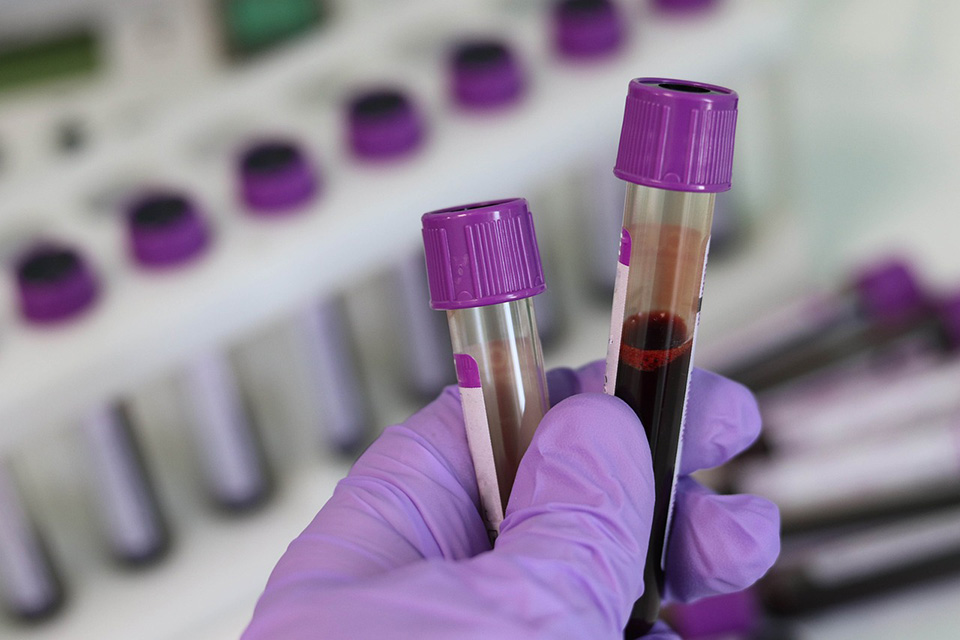
Prostate cancer is the most common cancer in men in the UK with 1 in 8 men being diagnosed with prostate cancer in their lifetime.
There is currently no screening programme for prostate cancer in the UK. This is because the prostate specific antigen (PSA) blood test, which is usually the first step towards a diagnosis, is not nearly accurate enough as a primary screening test.
The PSA test misses lots of prostate cancers that might benefit from treatment and PSA levels can be raised when there is no prostate cancer present. The PSA test also detects disease that would not cause problems in a man’s lifetime, leading to many cases of overtreatment and serious side effects.
The UK National Screening Committee (UK NSC) is therefore very excited by the news, announced on International Men’s Day, of a major new prostate cancer screening trial backed by £42 million of funding from Prostate Cancer UK and the government.
The TRANSFORM randomised controlled trial will aim to establish if various testing strategies, including using MRI scans up front for screening, could tip the balance in favour of a screening programme by detecting disease that PSA testing alone misses and by reducing the amount of insignificant disease found.
Prof Sir Mike Richards, Chair of the UK National Screening Committee, said:
To make any positive recommendation, the UK NSC would need to see high quality peer-reviewed research that demonstrates that a screening strategy would improve prostate cancer outcomes while minimising serious harms such as overdiagnosis, associated overtreatment and side effects.
We have worked with Prostate Cancer UK on the trial design to maximise the chance that it will provide evidence that will help the UK NSC make a recommendation. The committee is very pleased that there is a major focus on getting new evidence in this critical area for men’s health.
In the meantime, the UK NSC is itself commissioning a review of updated evidence on prostate cancer screening in response to 6 submissions that were put forward during its annual call for topics:
- Targeted screening proposal using PSA testing and high-risk factors, such as family history and ethnicity, to screen for prostate cancer.
- Proposal to offer targeted screening for carriers of the BRCA2 gene.
- Population and risk stratified proposal for a national programme based on the PSA test for all men aged 45 to 70, with frequency of testing stratified by individual risk calculated from an initial, normal PSA, age, ethnicity and family history, initially yearly for high-risk men and 3 to 5-yearly for low-risk men. Men with an abnormal PSA would be referred according to current 2-week wait and NICE criteria for mpMRI prostate scanning.
- Proposal for targeted screening of Black men aged 45 to 70.
- Targeted screening proposal to screen men between 50 and 69 with a Charlson co-morbidity index (less than or equal to 3) using the Stockholm3 blood test.
- Targeted screening proposal to screen men aged 45 to 70 who have a first-degree relative diagnosed with prostate, breast or ovarian cancer (relevant family history).
This UK NSC review will consider evidence on the use of MRI scans in the diagnostic pathway for early detection of disease.
Prof Richards added:
The research which is now under way will play a vital role in determining if a national screening programme for prostate cancer can become a reality. If it does, it would have the potential to benefit many thousands of men in the years to come.
We will keep you updated on the UK NSC’s prostate cancer screening evidence review via this blog.
Keep up to date
The UK NSC blog provides up to date news from the UK NSC. You can register to receive updates direct to your inbox, so there’s no need to keep checking for new articles. If you have any questions about this blog article, or about the work of the UK NSC, please email screeninginformation@dhsc.gov.uk.